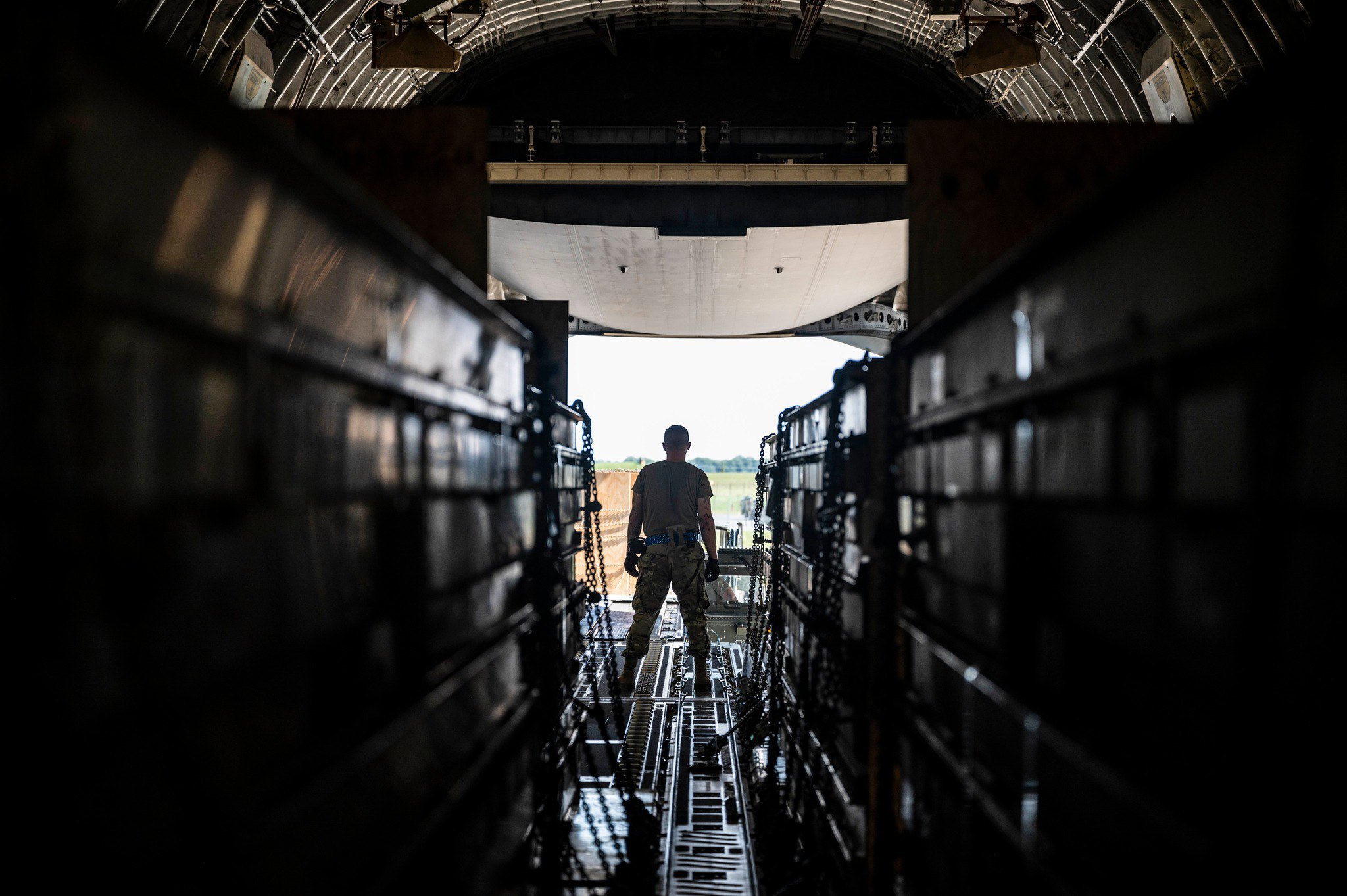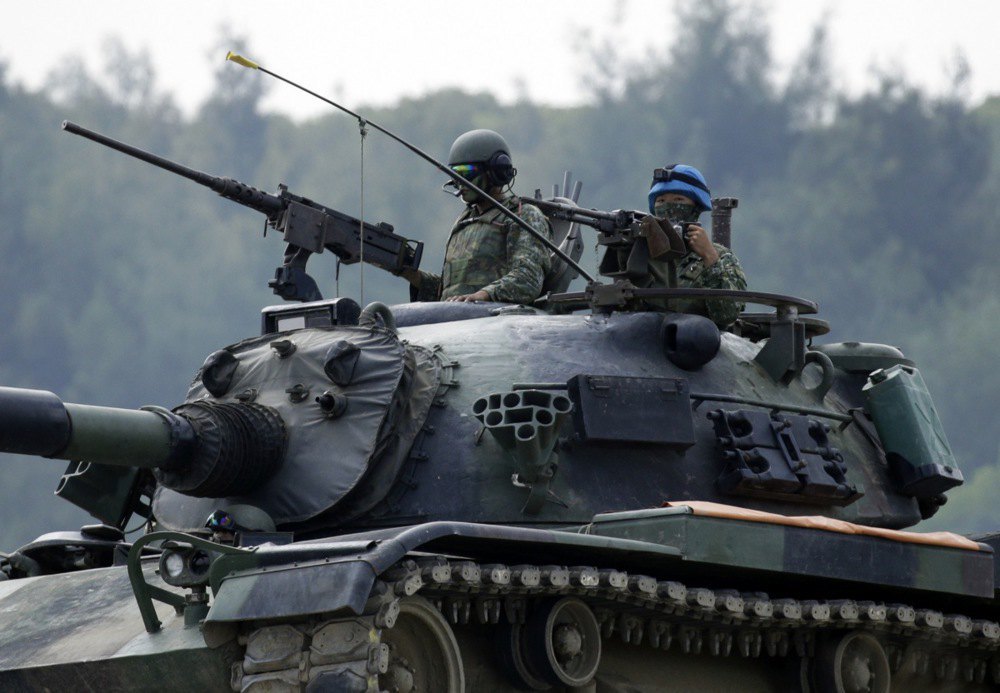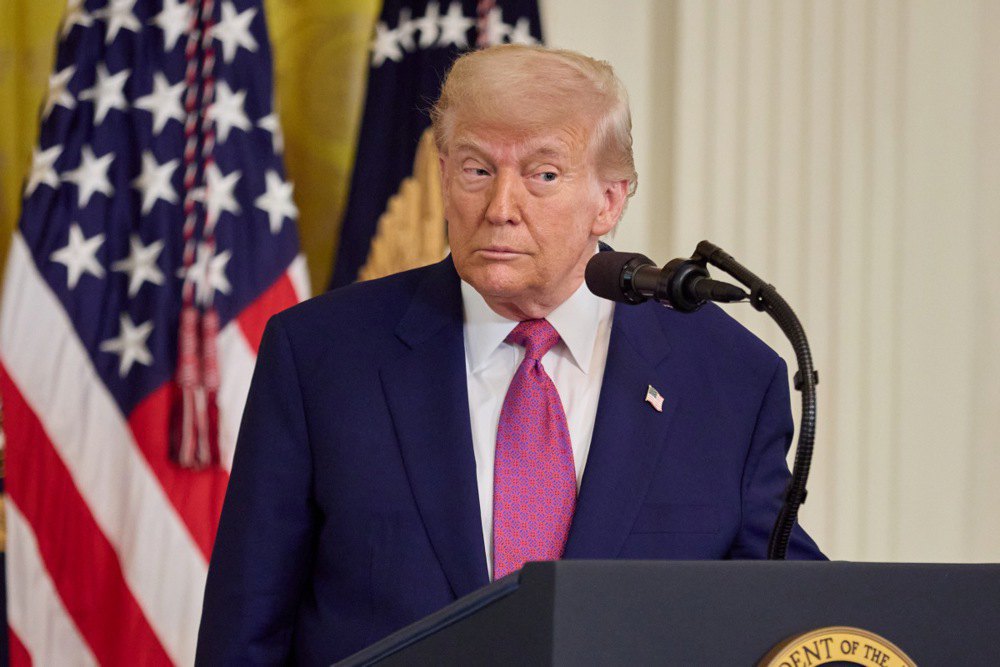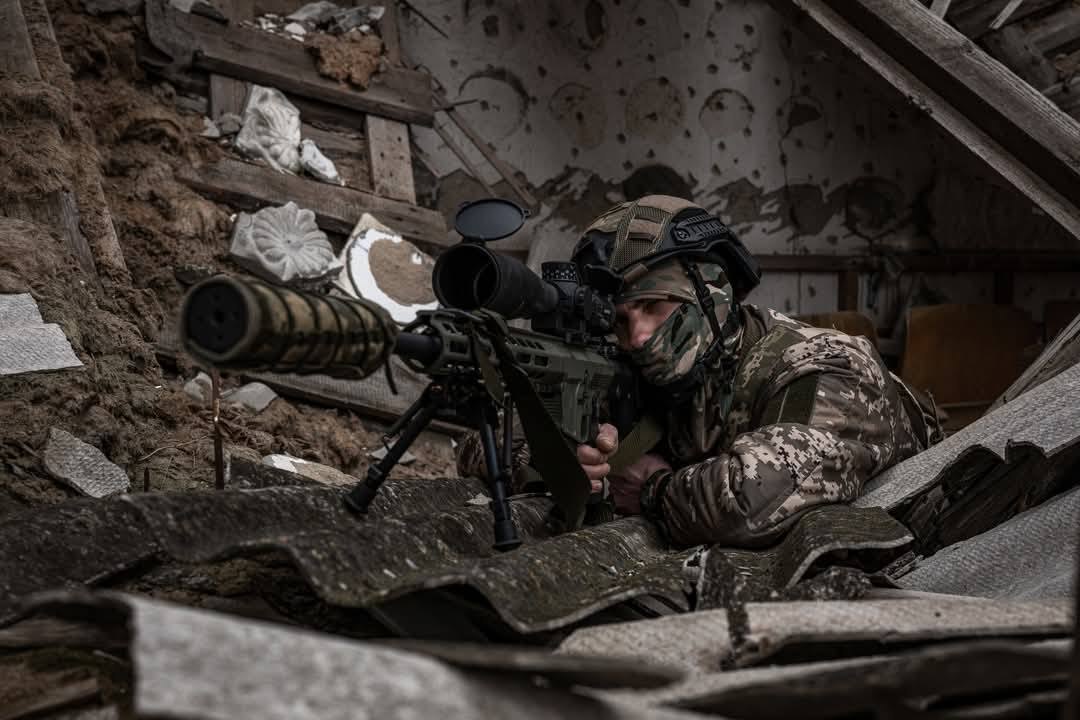
The initiator of the suspension is Elbridge Colby, Deputy Secretary of Defence for Policy, who has been a long-standing opponent of aid to Ukraine in principle. He is a politician, not a military man, which is a telling red flag.
On the other hand, how could spending at the peak of 70–80 missiles for THAAD and several hundred high-precision bombs in Yemen affect the reserves of what is needed in both the Indo-Pacific region and Ukraine? It is unknown.
Judging by the ammunition specifications, there is nothing that could really be useful in the Pacific and Indian Ocean regions.
After all, it was not 9,000 155 mm shells and 25 Stinger missiles that were urgently needed in the Taiwan area to repel waves of Chinese landings. It all feels like a bit of a charade, to be honest.
And the theatre of operations has only 20-30 days' worth of supplies for the entire group — recently, several hundred thousand shells were transferred from Asia to the command in Europe.
I am sure that they did not scoop up the entire stockpile — no army would do that, and the US Armed Forces are no exception.
In addition, the armies of Taiwan and South Korea are not pushovers and have tank brigades, operational-tactical missile weapons and long-range missiles. It is simply absurd to imagine that tomorrow they will need 9,000 shells and 25 Stingers.

Even 30 missiles for Patriot to intercept ballistic missiles seem strange — the United States produced approximately 700 different interceptors for export to Qatar, including hundreds of PAC-3 MSEs.
If 30 missiles were needed to prevent a critical depletion of US stocks, while a single PAC-3 MSE launcher has as many as 12 missiles — one machine, not a battalion or a battery — then we are in very bad news.
If it starts in Taiwan, it will inevitably start in South Korea and the numerous islands around key straits — the Chinese fleet will not allow industry to be blocked.
In such conditions, 30 interceptor missiles are like a box of matches. How Washington intends to fulfil its allied commitments to joint defence by collecting missiles one by one is a question that Americans will inevitably be asked in both Seoul and Taipei.
So once again, our hands are being tied. It doesn't matter how many other partners have had shipments of American programmes stopped. In the midst of the summer campaign, the suspension of agreed aid to Ukraine looks exactly like this.

Let's just make peace, give Putin all the regions he wants, and don't interfere with our efforts to pull Moscow away from Beijing in the coming conflict.
The most frightening thing is that this is not about democracy, human lives, the threat of creating the USSR 2.0 in the form of a digital concentration camp, or the long-term threat to Eastern Europe and Scandinavia. It is not about what the Americans have been telling us for years, criticising corruption and the lack of reforms, which only a madman would disagree with — we had to do more.
The new administration is currently only concerned with a trivial calculator. They could have provided Kyiv with hundreds of millions worth of weapons and ammunition to exhaust the Russian Federation and force it to sign a ceasefire on the line of contact.
But they prefer to cut what is left so that we quickly sign what Russia wants, and Washington doesn't care where the line stops — in Chasiv Yar or near Pavlohrad. Why pay more then?
This is not the first supply crisis since the full-scale invasion. Perhaps it will be resolved now. Perhaps it will be like with the USAID programmes — they were cancelled with great fanfare, but quietly resumed, now through the State Department.
We know of at least several regional energy companies and heating utilities that are once again receiving aid from the United States under various programmes.

But we are paying a heavy and bloody price for every day of delay with ammunition. Some will pay more taxes in the EU, some will score political points, and we have been paying with our lives for ten long years.
And each of the three supply crises means thousands of families who will lose their homes, their life's work or their loved ones.
A 1,000 km front will not fall due to the lack of 10,000 shells and 30 missiles, but the US is behaving in the most bizarre way and using strange wording to justify this strange behaviour.







